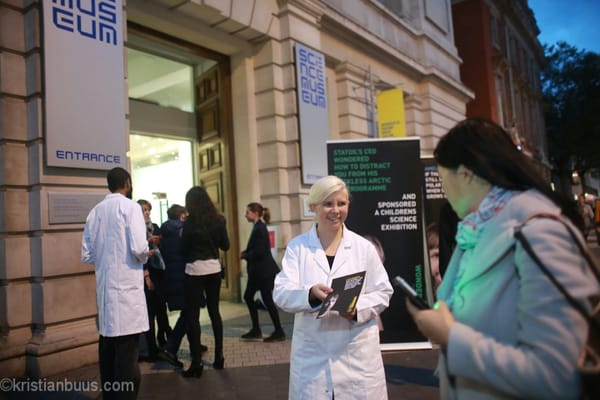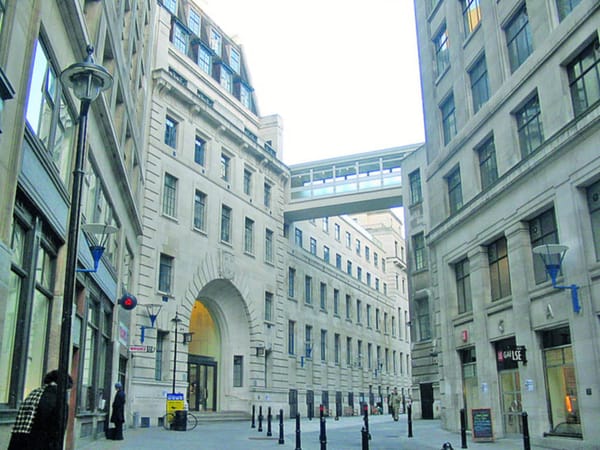Hunt reveals his NHS plans
Mo’ doctors, mo’ problems

Jeremy Hunt revealed his new plan for the future of the NHS last week, a mix of creating more British doctors and attempting to keep the ones that are trained here for longer.
Currently there’s a cap of 6,000 students attending medical schools country-wide and Hunt plans to raise this by 25%, giving a boost of 1500 more students. These students won’t be qualified until almost 2030, however.
More doctors are a good thing on the whole but the BMA (the union which represents a big chunk of doctors) feel that it “falls far short of what is needed” criticising that it’s taken four years for Hunt to realise this fact.
In addition to training more doctors, the ones that are trained starting from 2018 may be forced into a mandatory four-year NHS service term. With the costs of training doctors exceeding well over the tuition fees charged by universities, there is a case to be made that doctors should be giving back to the NHS, but maybe the way to do that isn’t to force them into it against their will.
The BMA had this to say on the matter: “The government must tackle the root causes of this workforce crisis and the reasons why so many UK-trained doctors are considering leaving the NHS rather than forcing doctors to stay in the health service. Demotivated, burnt-out doctors who don’t want to be in their jobs, will not be good for patients”.
Further plans from within the government, this time a scheme backed by the Home Office, outlines plans for pregnant women to have to show a form of ID before being able to book in for procedures. This would cover smaller things such as ultrasounds as well as the actual birth.
It’s being used as a way to tackle “health tourism” but it might just be the start of a slippery slope going against the foundations of the NHS, that it should be free at the point of use and “meet the needs of everyone”.
Whether this is going to take strain off the NHS or add more bureaucracy as doctors become quasi-border control, who knows.








